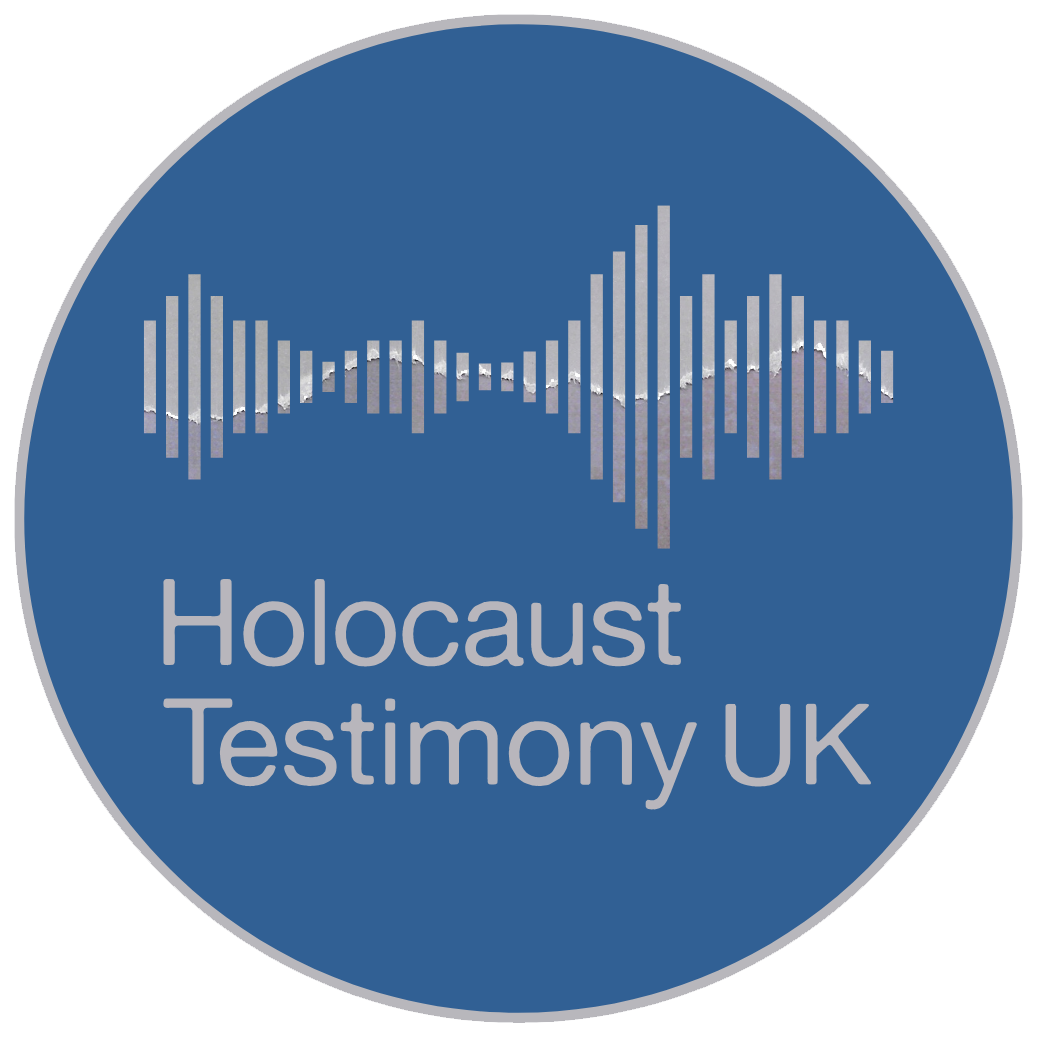<message>

Name
Born:
N/A
Place of Birth:
N/A
Date of Interview:
17/03/16
Place of Interview:
Interviewed by:
Name (Clickable)


It looks like this interview is hosted by one of our partners
Please click the link below to be redirected...
Visit Partner Website



INTERVIEW:
<name>
Born:
00/00/0000
Place of Birth:
Ramat Gan
<name>
Born:
00/00/0000
Place of Birth:
Institution:
<partnerName>
Collection:
Date of Interview:
17/03/16
Interviewed By:
Dr Bea Lewkowicz

Interview Summary
Zahava's father, Salke Kanarek, came from Dusseldorf and her mother came from Zurich, both from religious familes. They got married in Frankurt in 1932 and settled in Amsterdam, waiting for their papers to leave for Palestine. In 1935 they emigrated to Palestine. Zahava's mother was in the late stage of pregnancy. Zahava was born on the 5th of August 1935 in Ramat Gan. It was not easy for her parents to get used to the conditions in Palestine and her father had to do manual work for a construction company. Due to her mother's health, the family decided to come back to Europe in April 1937, where they settled again in Amsterdam. Zahava describes her happy childhood in Amsterdam, where she went to Jewish Kindergarten and her parents shielded her from the political situation and their worries. In 1943 the family was deported to Westerbork, leaving Zahava's 16 month-old brother behind with a woman in the Dutch resistance Because Zahava had been born in the British Mandate of Paestine, the family had a bit of protection. After four months in Westerbork, the family was taken off a train leaving to Auschwitz at the very last minute. After another five months, they were sent to Bergen-Belsen. In Bergen-Belsen, Zahava stayed together with her mother and she describes the harsh conditions, hunger and illnesses. At the end of January 1945 Zahava and her family were 'exchanged' and sent to Switzerland. Zahava suffered ill health and needed a extensive rehabilitation. The family was reunited with her brother and settled in Amsterdam. In the early sixties Zahava came to the UK and Rabbi Schonfeld offered her work as a nursery teacher. In March 1963 she married Dr Ralph Kohn (the late Sir Ralph Kohn), a pharmacologist and has lived in London ever since. She has three daughters and five grandchildren. With her daughter Hephzibah Rudofsky, Zahava created the programme 'Surviving the Holocaust', which they have presented to many schools across the UK and Germany. At the end of the interview, Zahava and Hephzibah share their thoughts about their joint Holocaust education project.


